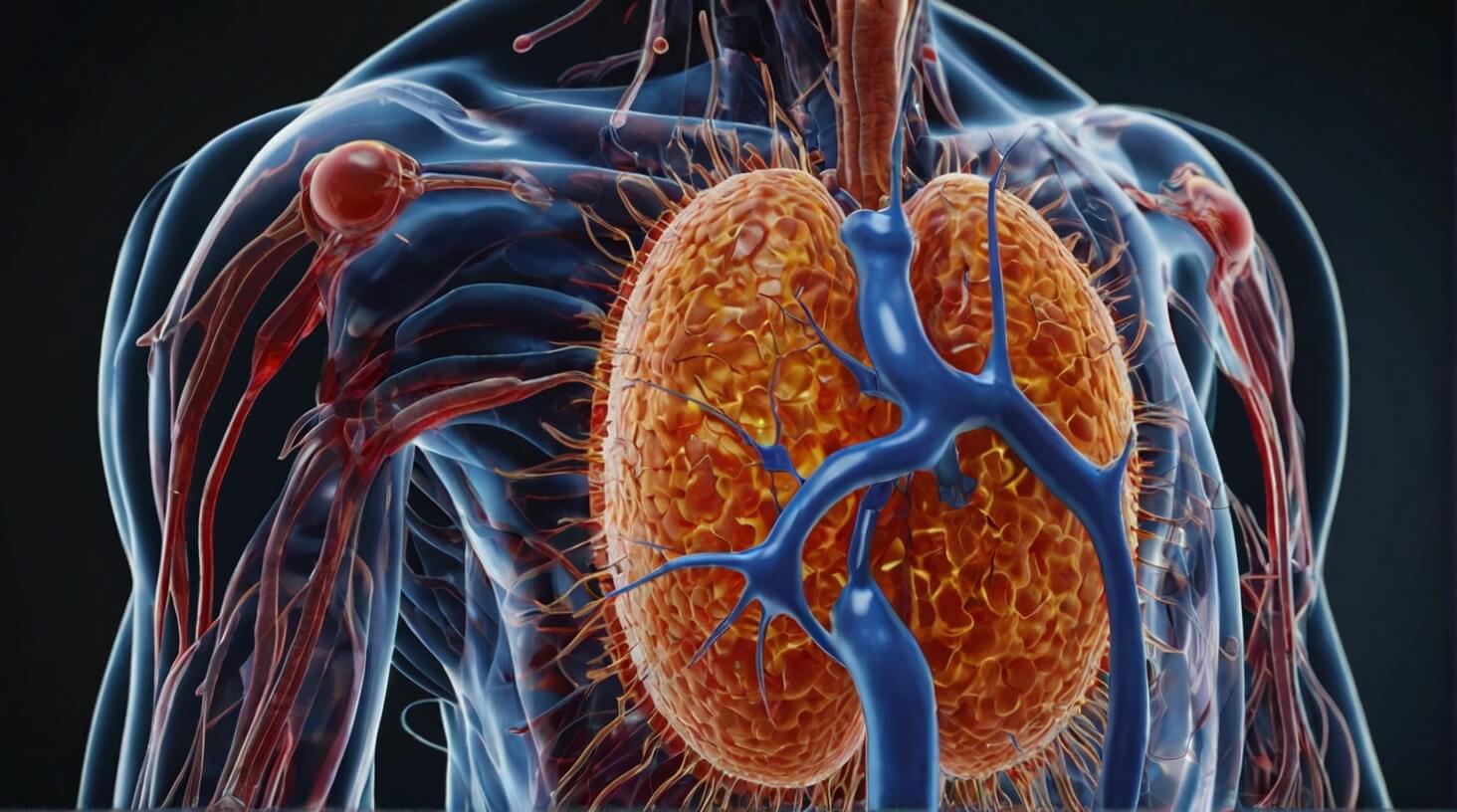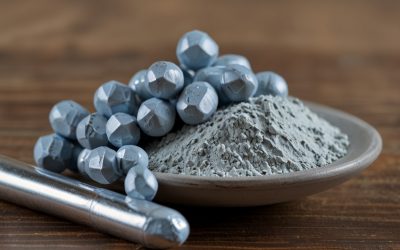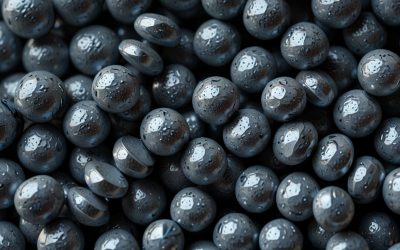Nearly half of the global population may be suffering from vitamin C deficiency, a nutrient pivotal to your body’s immune defense mechanisms. You may not realize the extent to which this simple vitamin is intertwined with the intricate workings of your immune system. From bolstering the skin’s barrier function to its vital role in white blood cell support and function, vitamin C is a linchpin in fighting off pathogens. As you consider your own health regimen, understanding how this essential nutrient operates could be critical. It’s not just about warding off the common cold; the stakes are much higher. With a deficiency potentially impacting your body’s first line of defense, isn’t it time you took a closer look at how vitamin C shapes your immune response and what that might mean for your overall well-being?
Key Takeaways
- The immune system comprises innate and adaptive immunity, with innate immunity providing the first line of defense and adaptive immunity developing more slowly and relying on lymphocytes.
- Vitamin C plays a pivotal role in supporting both innate and adaptive immune responses, strengthening the skin’s barrier function, enhancing the functions of phagocytic cells, and supporting apoptosis and clearance of spent neutrophils.
- Deficiency in vitamin C can impair immunity and increase susceptibility to infections, compromising the body’s ability to defend against pathogens.
- Adequate intake of vitamin C through diet or supplements is essential for maintaining a robust immune system and protecting against illness.
Immune System Overview

How does your body’s immune system act as a guardian against infection? The immune system, comprising a complex network of cells, tissues, and organs, is categorized into innate and adaptive immunity, each playing a crucial role in your body’s defense mechanisms. Your innate immunity provides the first line of defense, rapidly responding to invaders with a series of non-specific barriers and cells. These include physical barriers like the skin, mucosal layers, and epithelial surfaces, which function to block entry, and cells such as phagocytes and natural killer cells that identify and destroy pathogens.
Adaptive immunity, on the other hand, develops more slowly and is highly specific. It tailors its response to precisely target and remember the characteristics of the invader, thus providing long-lasting protection. This aspect of your immune defense relies on lymphocytes, including B cells and T cells, to carry out cellular and humoral immune responses.
Within this intricate defense system, Vitamin C, or ascorbic acid, plays a pivotal role. It’s not just a nutrient that you reach for during cold and flu season; it’s critical in supporting various cellular functions that underpin both innate and adaptive immune responses. Vitamin C is known to support epithelial barrier function against pathogens and acts as an antioxidant protecting cells from oxidative stress, which can otherwise impair immune function.
Given that humans cannot synthesize Vitamin C, adequate intake through diet or supplements is essential for maintaining an effective immune defense. Recent studies highlight the potential of Vitamin C supplementation to enhance various aspects of the immune system, offering you an actionable measure to support your body’s natural guard against infections.
Vitamin C Fundamentals

Vitamin C, an essential micronutrient, serves as a cornerstone for your immune system’s function, exhibiting a broad spectrum of biological activities that bolster your body’s defense mechanisms. As a potent antioxidant, it plays a pivotal role in immune function by strengthening the skin’s barrier function and protecting against environmental oxidative stress. Furthermore, vitamin C enhances the functions of phagocytic cells like neutrophils, integral to the body’s first line of defense.
In the arena of macrophages, vitamin C supports these cells by aiding apoptosis and the clearance of spent neutrophils, thus decreasing potential tissue damage. Its role in lymphocytes, although less clear, is nonetheless critical to both innate and adaptive immunity. A deficiency in this crucial nutrient can impair immunity, rendering you more susceptible to infections.
Vitamin C accumulates in phagocyte cells, supporting various enzymes through its enzyme cofactor activities. This accumulation is paramount as it underlies the enhanced immune defense provided by these cells. It is essential for the synthesis of collagen, necessary for the maintenance and repair of skin and tissues during the immune response, and supports the biochemical pathways that fuel your body’s defense systems.
Your commitment to maintaining robust health, especially in those you serve, should include a focus on nutrition that provides essential nutrients like vitamins C, D, and zinc. These elements are foundational to preserving immune function and overall health. Remember, a well-nourished immune system is better equipped to combat pathogens and protect the body from illness.
Barrier Enhancement
Amidst the body’s multifaceted defense system, your skin acts as a primary shield, with vitamin C playing a crucial role in enhancing its barrier function against environmental oxidative stress. Vitamin C is an essential nutrient that contributes significantly to the fortification of your body’s barriers.
To better understand this, consider the following key points:
- Vitamin C supports epithelial barrier function by promoting the skin’s ability to scavenge harmful oxidants.
- It is vital in strengthening epithelial barriers, thus preventing the intrusion of pathogens.
- The antioxidant properties of vitamin C are central in protecting against environmental oxidative stressors that can damage cells.
- By contributing to the synthesis of collagen, vitamin C ensures the structural integrity and repair of the skin, enhancing barrier function against pathogens.
The importance of vitamin C in human health extends beyond its widely recognized role as an antioxidant. In the context of barrier enhancement, it underpins the skin’s defense mechanisms, reinforcing your body’s first line of defense. Through its functions related to immune defense by supporting the skin’s barrier function, vitamin C helps maintain a robust and resilient barrier against a multitude of environmental insults.
White Blood Cell Support
Your body’s phagocytic cells, such as neutrophils, accumulate vitamin C, which is crucial for enhancing their function in the immune response. This micronutrient serves as an antioxidant and a cofactor in numerous metabolic processes, including those vital for effective immune defense. Neutrophils are the first responders to infection, and vitamin C is instrumental in promoting neutrophil migration, a process known as chemotaxis.
Vitamin C’s ability to enhance neutrophil migration ensures that these cells can swiftly reach the site of infection. Upon arrival, neutrophils perform their key function of engulfment, and vitamin C’s role doesn’t end there. It also helps to enhance engulfment of pathogens, bolstering the initial physical barrier against infection. The presence of adequate vitamin C can lead to more efficient oxidant generation following dietary supplementation, which is paramount for the destruction of pathogens.
Further into the immune response, vitamin C is implicated in the modulation of neutrophil apoptosis and clearance. This regulation is essential to resolve inflammation and prevent tissue damage due to prolonged neutrophil life span. Enhanced inflammation and metabolic demands during an immune response increase the need for vitamin C, highlighting its role in maintaining cellular functions under stress.
The accumulation of vitamin C in phagocytic cells is a testament to its significance in the immune system. It supports these cells from the early stages of migration and oxidant generation to the later stages of apoptosis and clearance. By ensuring these processes occur effectively, vitamin C upholds the strength of your immune defense, providing a robust response to pathogens.
Vitamin C Deficiency Impact

While sufficient levels of vitamin C bolster the immune system by enhancing white blood cell function, a deficiency in this crucial nutrient compromises your body’s ability to ward off infections. Severe vitamin C deficiency, known as scurvy, results in impaired immunity and can have devastating effects on your health.
Vitamin C deficiency results in impaired immune defense by supporting various cellular functions that are critical for your body’s protection against pathogens. It’s essential to understand how a lack of this vitamin can impact your immune system:
- Impaired Epithelial Barrier Function: Vitamin C is vital for maintaining the integrity of the skin and mucosal membranes that act as barriers against infectious agents. Deficiency impairs epithelial barrier function, leading to an increased risk of infection.
- Increased Inflammatory Response: Without adequate vitamin C, your body may exhibit an increased inflammatory response, which can result in tissue damage and a prolonged healing process.
- Impacted White Blood Cell Function: Dietary vitamin C intakes are crucial for the optimal function of phagocytes and lymphocytes, essential white blood cells in your immune response.
- Prevention of Infection: A deficiency results in impaired wound healing and a compromised ability to prevent and control infections.
For those who serve others, it’s vital to ensure that dietary vitamin C intakes are sufficient to maintain robust immune defenses. Vitamin C levels due to inadequate intake can leave individuals vulnerable to a host of health issues, emphasizing the importance of a nutritious diet rich in this essential nutrient.
Infection Prevention Benefits
Harnessing the power of vitamin C, you can bolster your immune system’s defenses to effectively prevent and combat infections. This essential nutrient plays a pivotal role in immune defense by enhancing cellular functions pivotal to both the innate and adaptive arms of your immune system. When you ensure adequate intake of vitamin C, you’re not just supporting your body’s ability to fend off pathogens, you’re also promoting your skin’s barrier function—an integral first line of defense against environmental threats.
Vitamin C’s prophylactic prevention of infection is well-documented, particularly in the context of respiratory ailments. Supplementation with vitamin C can be a strategic move for those of you seeking to prevent and treat respiratory illnesses, cutting down the length and severity of symptoms associated with the common cold.
By fortifying your epithelial barrier function, vitamin C not only supports this physical barricade but also enhances its ability to respond to pathogens. Its antioxidant scavenging activity shields cells from the detrimental effects of oxidative stress, a key factor in maintaining robust immune health.
In phagocytic cells like neutrophils, vitamin C accumulates and enhances uptake and clearance of microbes, effectively streamlining your body’s ability to target and eliminate invaders. Such strategic enhancement of immune cell function underscores the importance of maintaining optimal vitamin C levels through diet and, when necessary, high dose vitamin supplementation.
As someone dedicated to serving others, recognizing the infection prevention benefits of vitamin C equips you with the knowledge to guide and support those in your care towards more resilient health—a testament to the power of informed, proactive wellness strategies.











